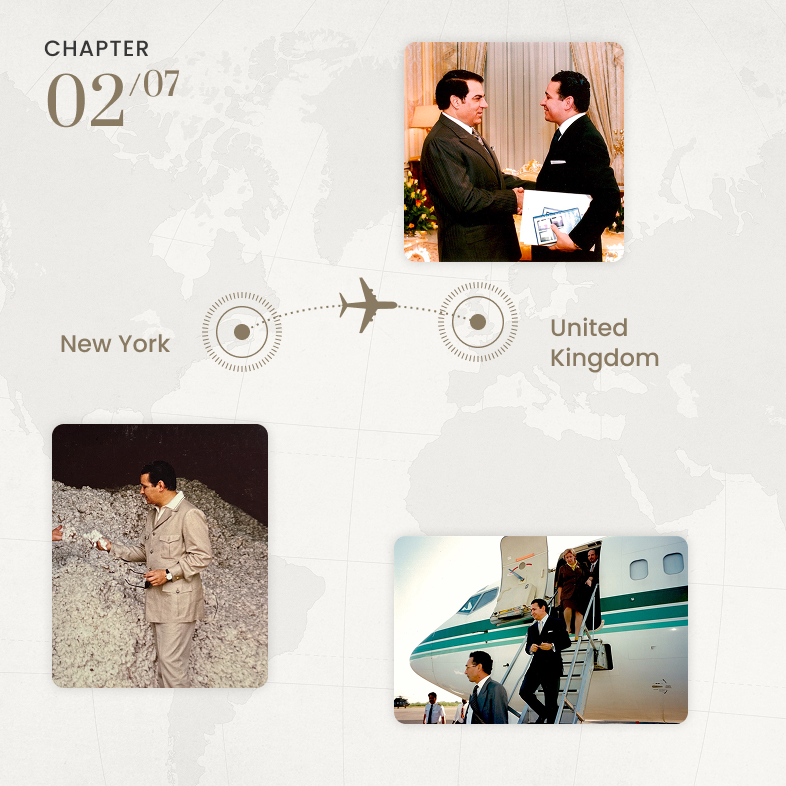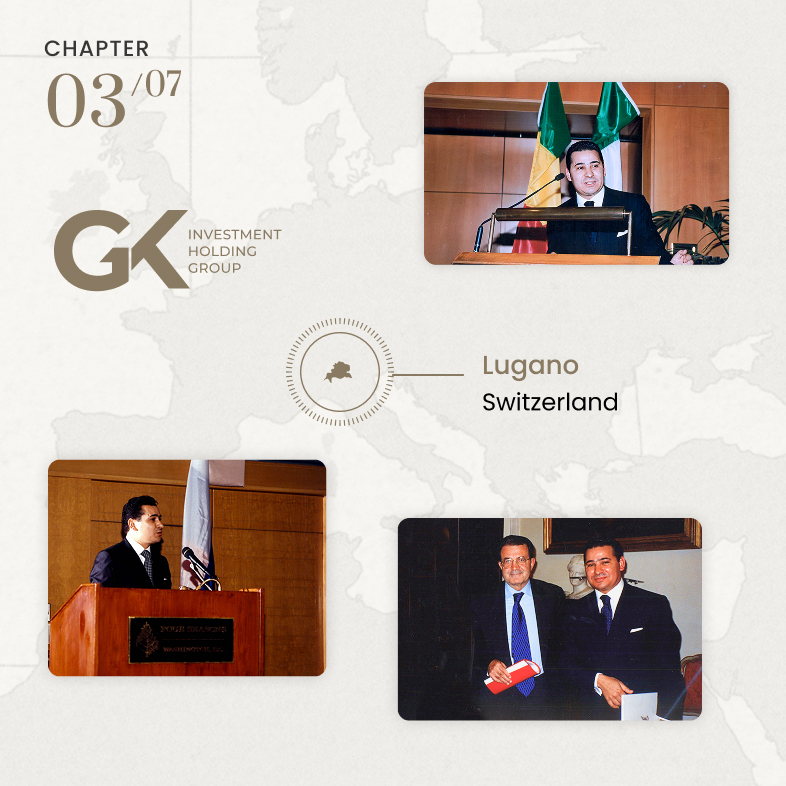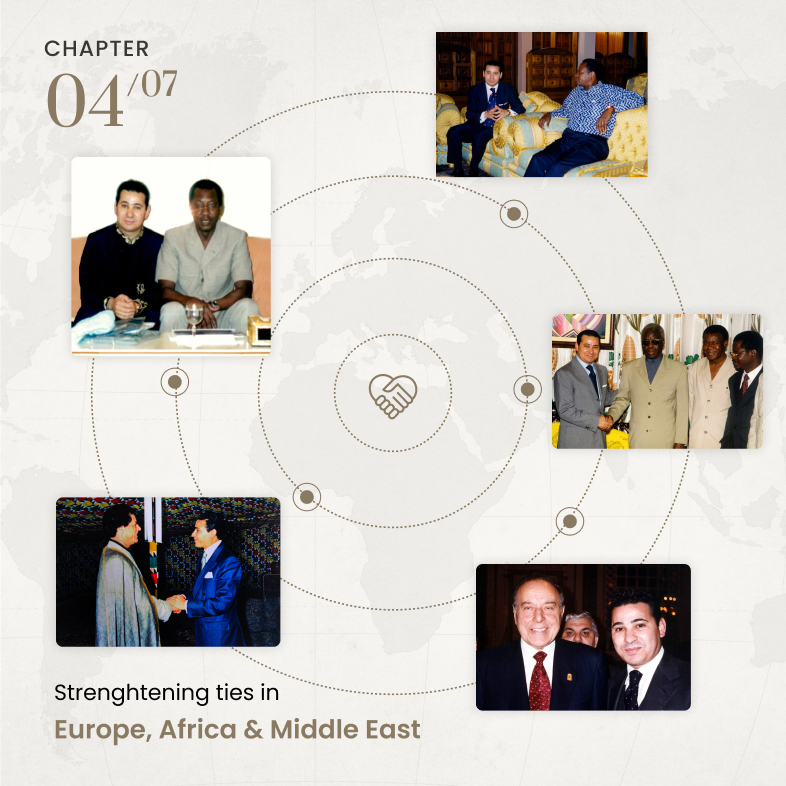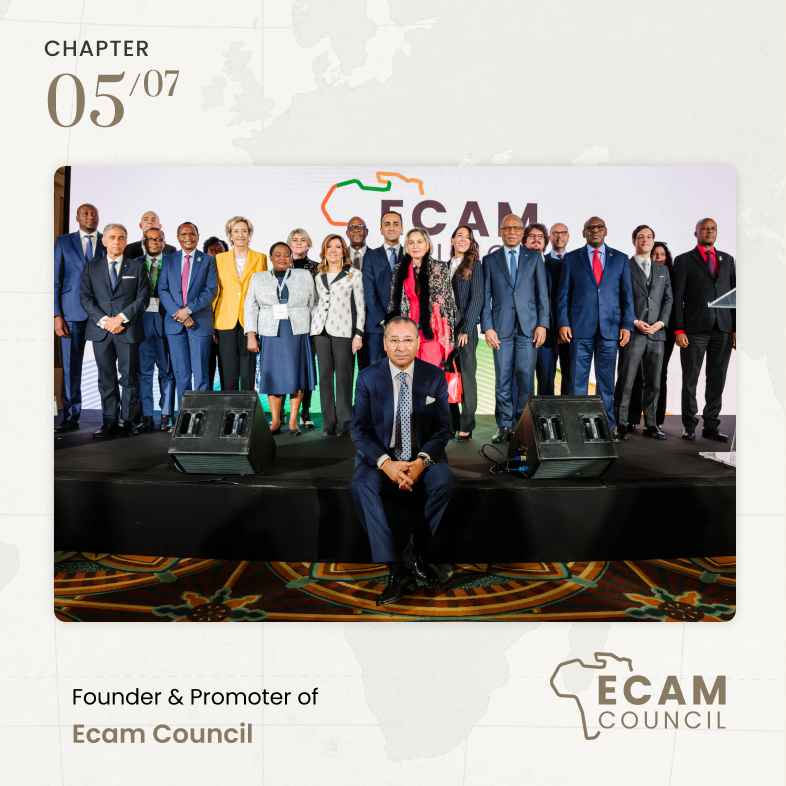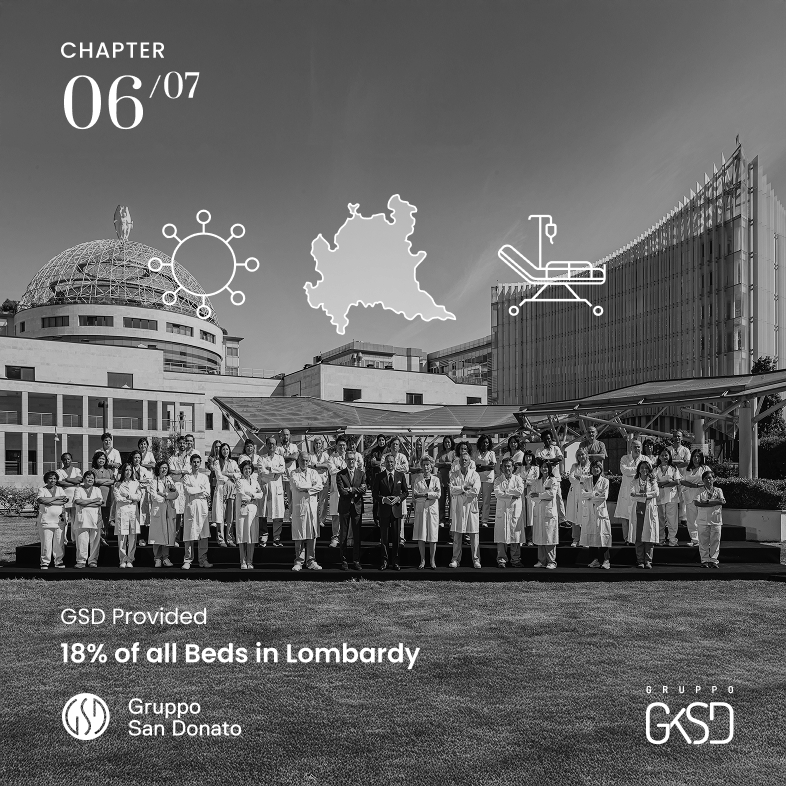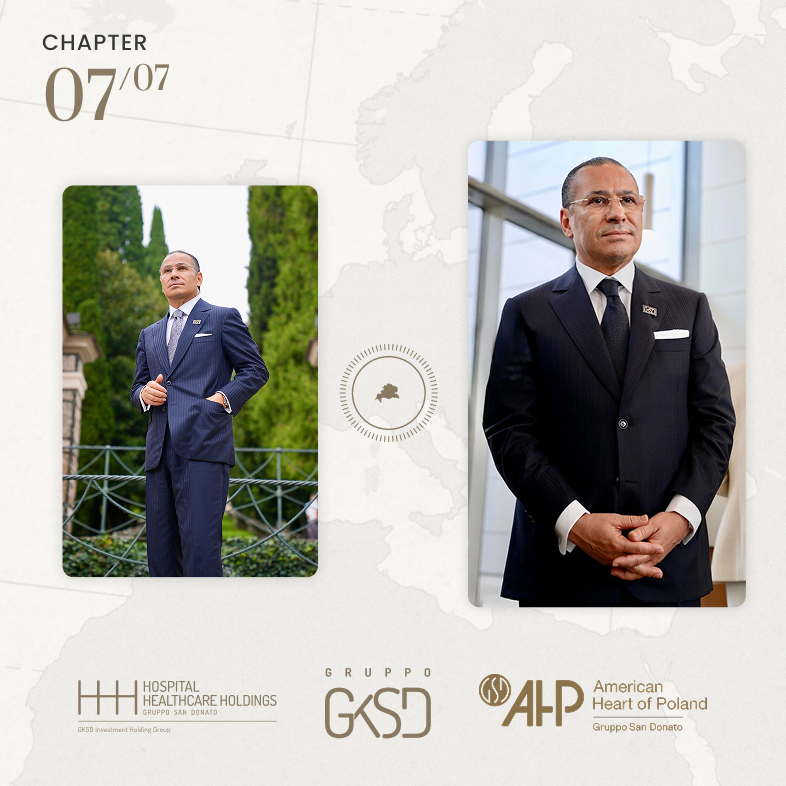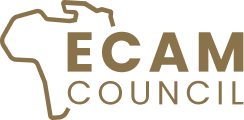Kamel A Vision Rooted in Heritage, Global Leadership and Philanthropy.
Step into the dynamic world of Kamel Ghribi, a Tunisian entrepreneur and philanthropist whose visionary leadership has propelled him to the forefront of international business and healthcare.
Born in Sfax in 1962, an industrial hub that he proudly credits for shaping his resilience and ambition, Ghribi first found success in the petroleum sector across the Middle East, Europe, and the United States. He went on to establish his family holding, GK Investment Holding Group, in Switzerland before founding GKSD Investment Holding in Italy, where he now serves as President.
Today, GKSD is a diverse group with a far-reaching presence across healthcare, engineering and construction, energy, procurement, and advisory services. Under his stewardship, it has become a pivotal force in the healthcare sector.
As Vice President of Gruppo San Donato (GSD), Italy’s largest private healthcare provider, Ghribi has played a decisive role in creating a pan-European hub of medical excellence, strengthened by the acquisitions of the American Heart of Poland and SCANMED, where he also serves as Chairman of the Supervisory Board.
Kamel Ghribi has always believed that history is both a map of our past and a compass for our future. For him, origins define identity and explain not only who we are but why we are as we are. This philosophy has guided him throughout his journey, helping him remain coherent and focused in an unpredictable world.
Alongside business success, Ghribi recognises the responsibility that comes with influence. He has consistently used his global network to foster peace, stability, and sustainable growth through investment. As founder of the European Council on Africa and the Middle East (ECAM), he advances effective and lasting partnerships that strengthen ties between Europe, Africa, and the MENA region.
Rooted in his heritage yet global in outlook, Kamel Ghribi continues to shape pathways for growth, connectivity, and opportunity, turning vision into enduring impact.

